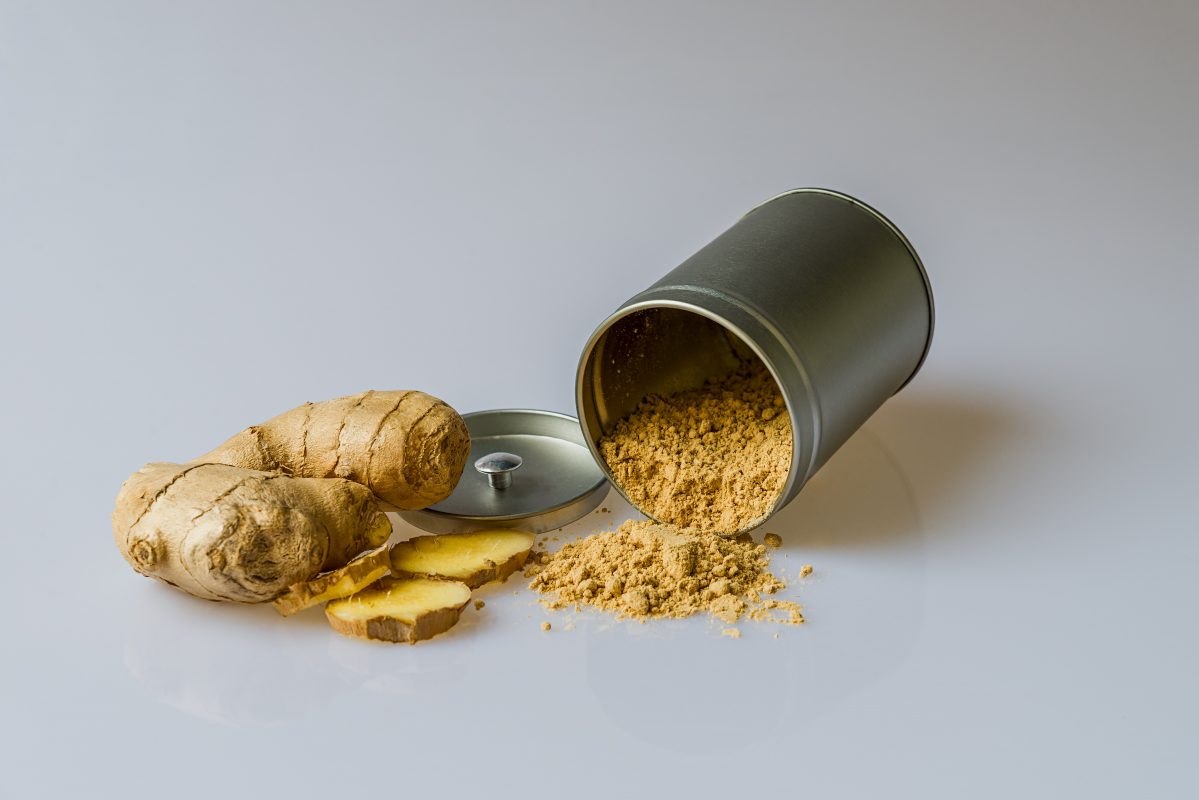Ginger is a widely used spice cultivated from the rhizome of a flowering plant originating from Southeast Asia. The plant is always in high demand worldwide due to its varied uses. It can find application as a spice or as a medicinal component and ingredient.

Applications of Ginger as a Spice
Ginger proffers a fragrant aroma and flavorful taste to different and diverse food items. It provides a slightly sweet but spicy, pepper-like feel on the palate.
The spice gets used in various foods like candy, pickles, alcoholic beverages, and soda. It can also find application as a marinating agent of vegetables and meat and fish products to boost their taste.
In cuisine originating from India, ginger serves as the primary constituent of dishes featuring thick gravies such as those made of lentils and pulses. It gets used in masala chai and several drinks, both hot and cold. Tea and ice cream, respectively, are suitable examples. In Southern India, people use ginger to make a summer drink similar to yogurt, called “sambharam.” Together with ghee, sugar, nuts, and gum resin, ginger gets employed in preparing “katlu.”
In Japan, the spice powder of ginger gets sprinkled on dishes like ramen and tofu. It makes for a great addition to the Korean gastronomy of kimchi. In Indonesia, it is added to a beverage known as wedangiahe and in multiple local recipes. In Malaysia, ginger finds application in many dishes of different kinds, especially soups.
In Vietnamese cuisine, ginger powder acts as a condiment or ingredient for their shrimp-and-yam soup. It adds a subtle spicy and overall satisfying flavor and aroma to the dish. In the Caribbean, ginger spice is intensely popular in the preparation of drinks like sorrel. In Jamaica, ginger beer and ginger cake serve are popular items.
In Western gastronomy, ginger traditionally finds its use in sweet foods like ginger snaps, ginger ale, parkin, gingerbread, and speculaas. Ginger wine from the United Kingdom and the ginger-flavored liqueur Canton from Jarnac are also foods where they get used.
Benefits of Ginger
Ginger contains several natural oils that proffer to it its unique flavor and fragrance. The most essential of them is gingerol that has multiple health benefits associated with it. A few of them include:
- Nausea: Ginger works exceedingly effectively against various types of nausea and vomiting, irrespective of why it gets induced. The kinds can comprise morning sickness due to pregnancy, ones due to surgery and chemotherapy, and those arising due to indigestion. A small quantity of spice can curb the symptoms of nausea significantly and almost immediately.
- Weight: A few researchers have discovered and stated that ginger aids in losing body mass and weight. It also helps diminish BMI (Body Mass Index). It, conversely, leads to positive effects on the body like lowered insulin levels, inflammations, and ailments related to obesity.
- Osteoarthritis: Ginger can significantly diminish pain and disability. These originate initially due to joint stiffness and pain correlated to osteoarthritis. It works wonders in reducing the overall symptoms of the disease.
- Blood Sugar: The spice of ginger has anti-diabetic properties that serve as a suitable agent in lowering blood sugar levels and improving hemoglobin amount in the body. It eliminates the by-products and elements of oxidative stress, preventing several heart diseases. It works primarily in people having type-2 diabetes.
- Indigestion: Chronic indigestion comes with intense discomfort and recurrent pain. Ginger works well in eliminating them by increasing the speed at which the stomach gets emptied.
- Menstrual Pain: Ginger is a traditional measure against menstrual pain that provides relief to a great extent when ingested at the initial stages of the cycle. In some cases, they work better than medicines specific for this purpose.
- Cholesterol: Intake of ginger daily can reduce LDL levels. It can lower the total cholesterol and triglyceride levels in the blood.
- Oral Health: Ginger can fight against several bacteria and can reduce the possibility of infections. It can prevent periodontitis, gingivitis, and inflammation of the gums.
- Brain Function: Ginger has bioactive compounds and antioxidant properties that can inhibit cranial inflammatory responses and oxidative stress. These can otherwise result in a decline in age-related cognitive abilities and the development of Alzheimer’s disease. Overall, it can improve brain functioning in middle-aged people.
Ginger Harvest Area and Season
Ginger prefers a humid and warm climate, an altitude of approximately 1500m above sea level, and moderate and evenly distributed rainfall. It grows well in sandy loam, red loam, clay loam, and laterite loam soils. Due to all these conditions, India is a leading producer of the plant and its spice.
Ginger gets planted at the beginning of May and has its harvest period after eight months, making January to February the best time. The dry and yellow leaves of the plant indicate the perfect time for the said purpose.
Contact us for discussing supplying Ginger in bulk from here
